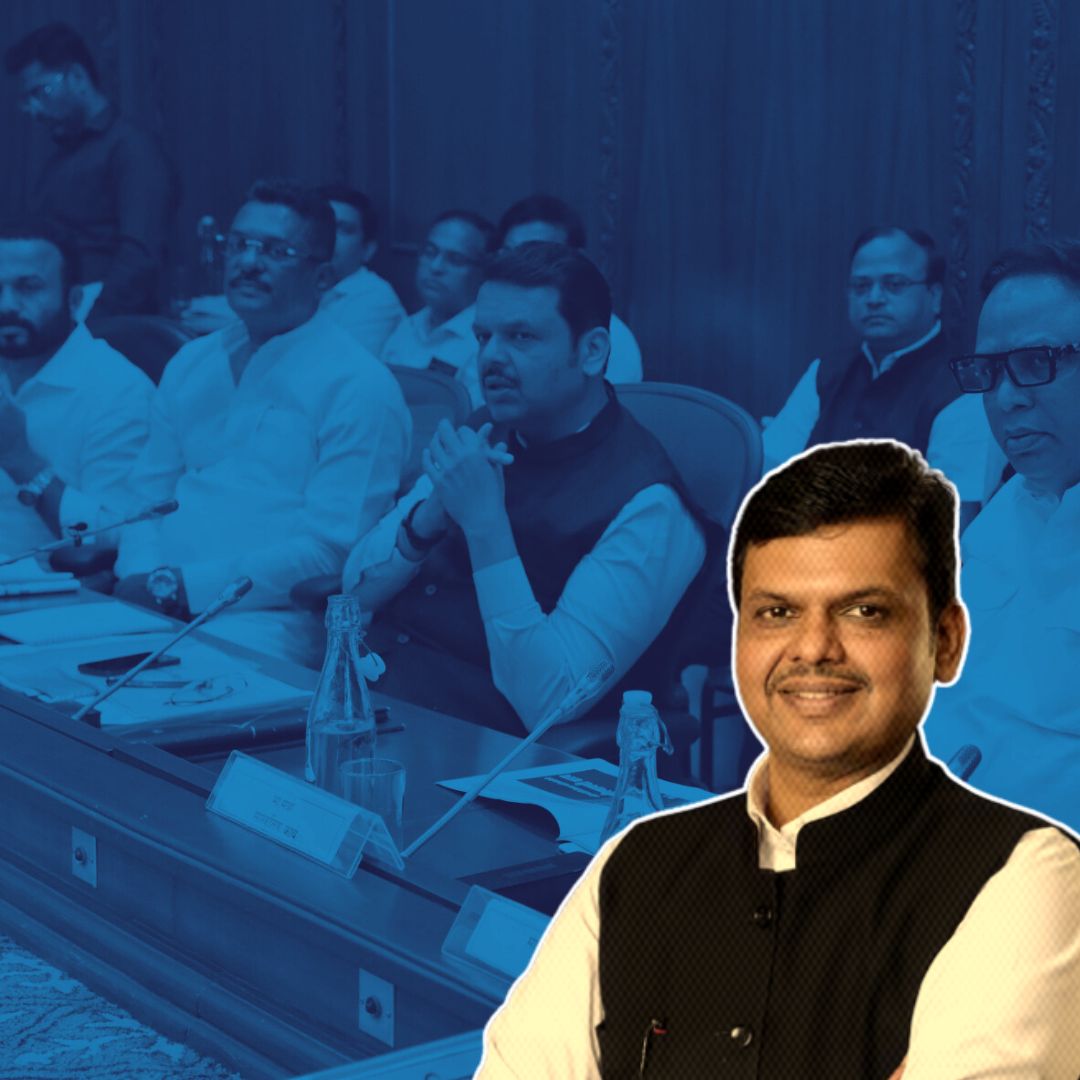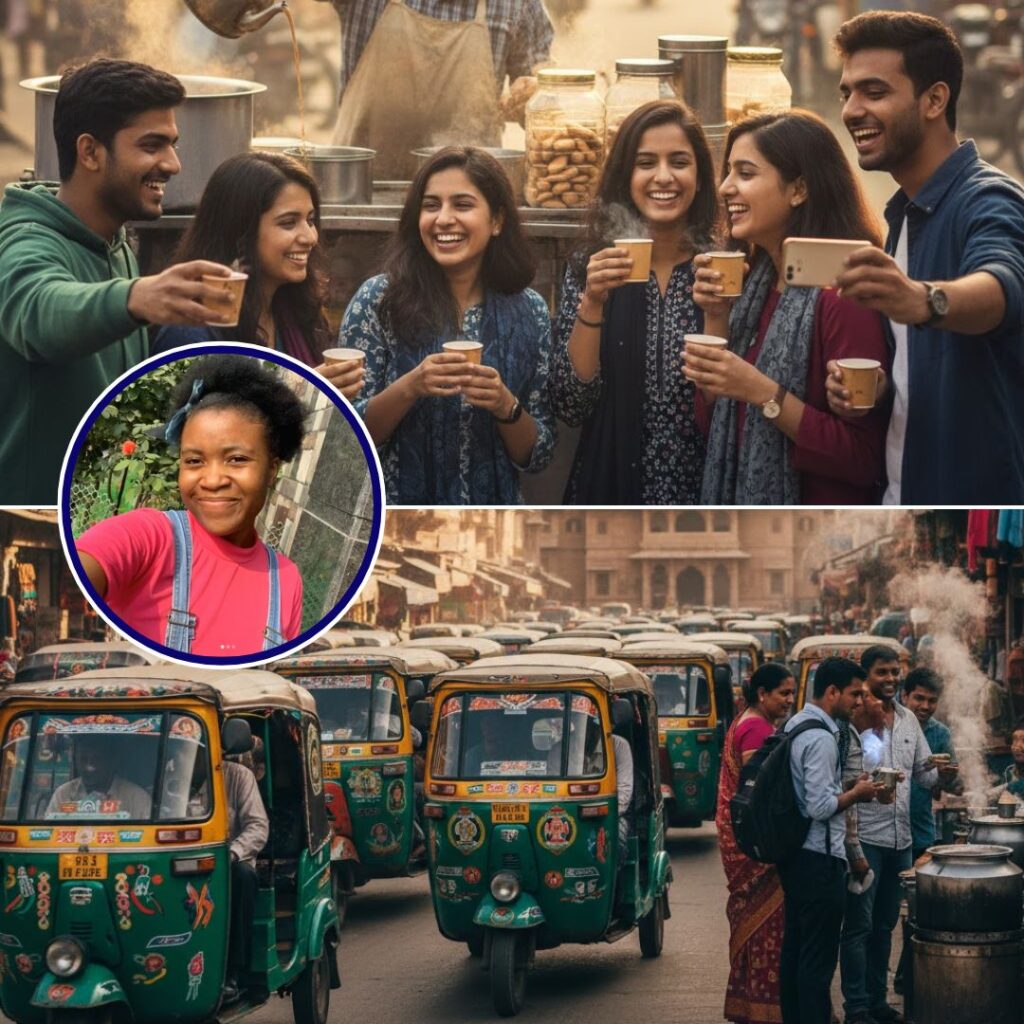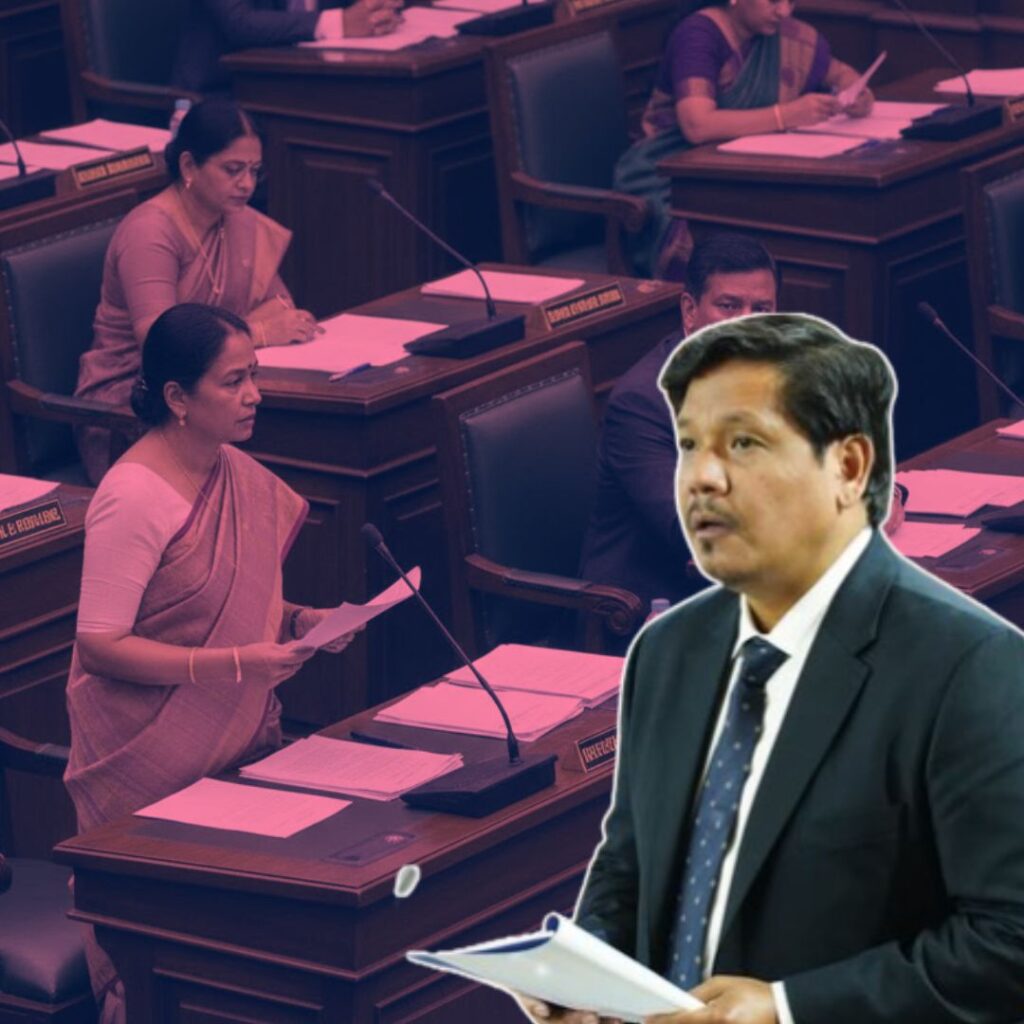The Maharashtra government has officially designated October 3 as Classical Marathi Language Day, launching an annual week-long celebration (October 3–9) to honour the language’s 2,500-year-old literary and cultural legacy.
This initiative follows the Union Cabinet’s decision in October 2024 to grant classical language status to Marathi, alongside Pali, Prakrit, Assamese, and Bengali. All government, educational, and private institutions across Maharashtra are now required to organise events that promote, preserve, and popularise classical Marathi.
The move has been welcomed by language scholars, cultural activists, and policymakers as a significant step in safeguarding the state’s linguistic heritage.
Statewide Festivities to Honour Marathi’s Classical Status
The government’s resolution, issued by the Marathi Language Department and signed by Principal Secretary Dr. Vikas Rastogi, mandates a comprehensive programme of activities during the week.
These include public lectures by eminent scholars, seminars on Marathi’s literary evolution, exhibitions of rare manuscripts and ancient copperplate inscriptions, poetry recitals, quizzes, and essay competitions for students.
Special emphasis will be placed on digitising ancient texts, translating classical works into modern Marathi, and screening documentaries that highlight preservation methods. The resolution also encourages collaborations with libraries, museums, and cultural organisations to showcase Marathi’s classical tradition.
“This is an opportunity for the youth to rediscover their roots and for society to appreciate the depth of Marathi’s contribution to Indian civilisation,” said Dr. Rastogi. District collectors will chair local committees to ensure wide participation, and all departments are required to submit detailed reports on their activities by October 31.
Context: Recognition, Policy, and Societal Impact
Marathi’s elevation to classical language status is the culmination of decades of advocacy by linguists, writers, and cultural groups in Maharashtra.
The status entitles Marathi to increased central funding for research, preservation, and international promotion, as well as eligibility for prestigious awards such as the Jnanpith and Sahitya Akademi Fellowships for scholars of classical Marathi.
The announcement comes at a time of heightened debate over language policy in Maharashtra, particularly following the state’s initial move to make Hindi the default third language in schools under the National Education Policy.
This sparked concerns among various linguistic and cultural groups, prompting the government to clarify that students could choose any regional language. Political leaders, including Aaditya Thackeray, have urged respect for Marathi while discouraging any form of language imposition or unrest. The week-long celebration is thus seen as a unifying initiative, reinforcing Marathi’s place in education, culture, and public life.
The Logical Indian’s Perspective
The declaration of Classical Marathi Language Day and Week is a commendable step towards preserving and revitalising India’s rich linguistic mosaic. By institutionalising celebrations that involve students, scholars, and the wider community, Maharashtra is setting a positive example for other states to follow.
Such initiatives not only foster pride in regional heritage but also encourage dialogue, empathy, and coexistence among India’s diverse linguistic communities. As we celebrate Marathi’s classical legacy, it is essential to ensure that all languages big and small receive the recognition and respect they deserve. How can this model of inclusive celebration be replicated across India to protect and promote our shared linguistic heritage?











